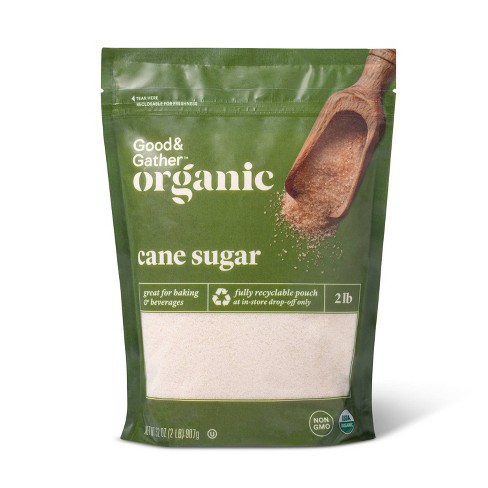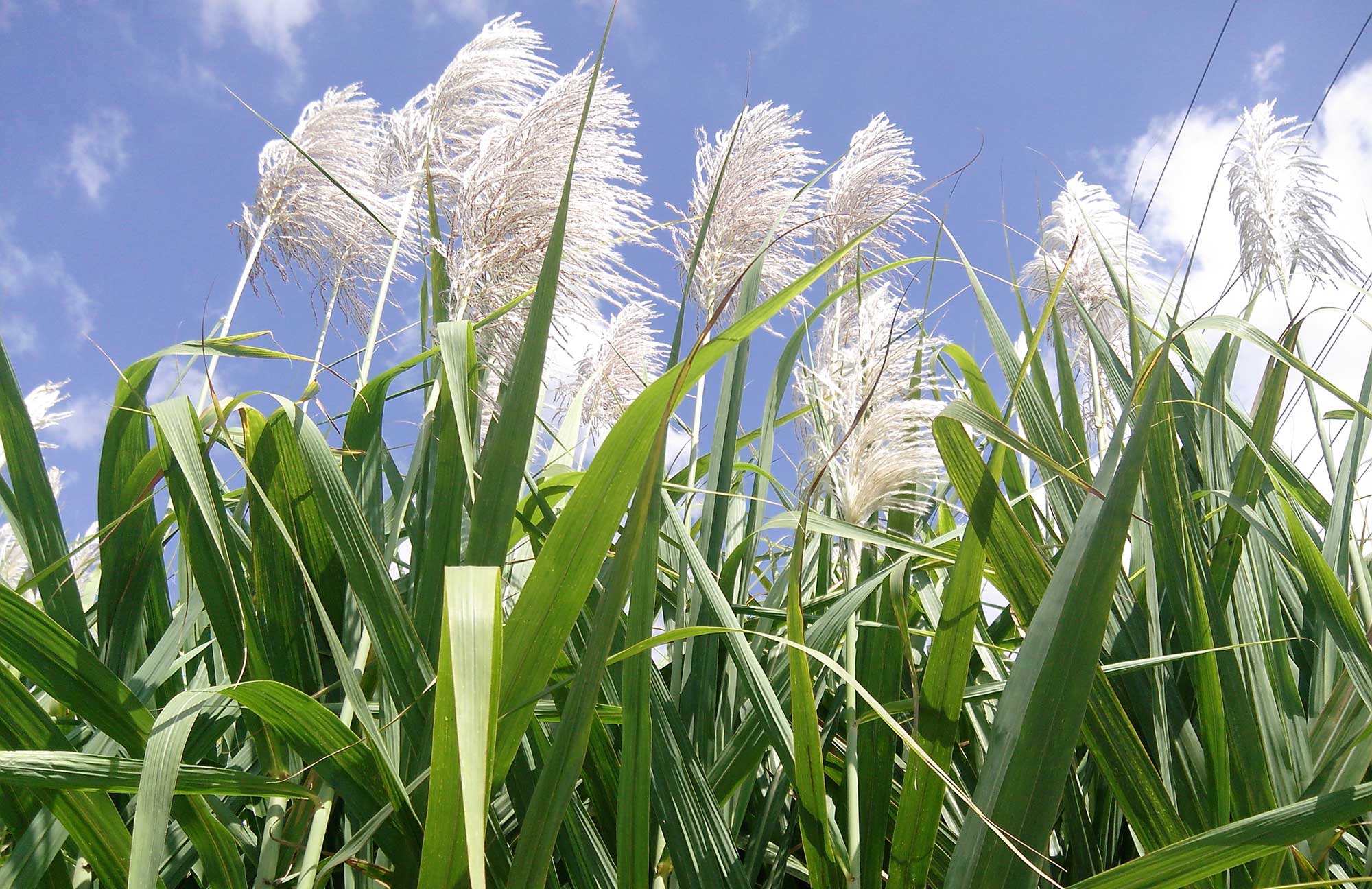Why Walking Cane Sugar Handling Chemicals Are Crucial for Modern Sugar Refining
The function of walking cane sugar processing chemicals in modern-day sugar refining can not be overstated, as they are important to boosting both the effectiveness of extraction and the total top quality of the last product. Representatives such as phosphoric acid and specific flocculants are used to get rid of impurities, resulting in sugar that not just fulfills customer expectations however additionally sticks to market standards.
Duty of Handling Chemicals
The effectiveness of walking cane sugar handling hinges considerably on the calculated application of handling chemicals. These chemicals play a pivotal function in boosting the effectiveness and quality of sugar removal and refining. From the preliminary stages of juice removal to the last purification actions, processing chemicals assist in numerous essential operations.
In the removal phase, chemicals such as phosphoric acid and calcium hydroxide are utilized to optimize the information process, helping to get rid of impurities and put on hold solids from the cane juice. This not only enhances the return yet also ensures the clarity of the end product. Additionally, agents like flocculants help in the rapid settling of impurities, therefore improving the overall procedure.
Triggered carbon and ion exchange materials offer to remove color and odor, making sure that the refined sugar meets consumer quality requirements. Thus, the meticulous choice and application of these chemicals are vital for attaining optimal results in walking stick sugar handling.
Trick Sorts Of Chemicals
Walking stick sugar processing depends on a range of essential chemicals that assist in each stage of production. These chemicals play important functions in clearing up, lightening, and cleansing the sugar extracted from cane.
One key group of chemicals includes flocculants, such as polyacrylamide, which aid in the explanation procedure by promoting the gathering and settling of contaminations. Additionally, calcium hydroxide is commonly utilized to neutralize level of acidity and assist in the removal of non-sugar elements.
Whitening representatives, such as triggered carbon and sulfur dioxide, are made use of to decolorize the syrup, causing a more clear end product. These chemicals aid remove shade compounds that might influence the sugar's appearance and bankability.
Additionally, phosphoric acid offers as a pH regulator during the processing phases, ensuring optimum conditions for the chemical tasks associated with sugar extraction and purification.
Other essential agents consist of edta (ethylenediaminetetraacetic acid), which chelates steel ions that can militarize undesirable responses, and sodium hydroxide, which helps in pH control throughout the refining procedure. Collectively, these chemicals improve effectiveness and make certain a top quality walking stick sugar item.
Benefits for Sugar Quality
Frequently forgotten, the use of specific processing chemicals dramatically boosts the total high quality of walking cane sugar. These chemicals play a crucial role in refining processes, making sure that the last product fulfills stringent sector standards for pureness and taste.

In addition, processing chemicals help in achieving a consistent granulation and texture, which are important for customer acceptance. By managing the formation procedure, these chemicals ensure that the sugar crystals develop uniformly, leading to a more attractive product that liquifies well in various applications.
Moreover, using these chemicals can enhance the shelf life of walking stick sugar by lessening moisture absorption and microbial development. Overall, the critical application of processing chemicals is crucial for supplying top quality walking stick sugar that satisfies customer assumptions and industry demands.
Ecological Influence Factors To Consider

Furthermore, the energy-intensive nature of sugar refining, compounded by chemical usage, often causes boosted carbon discharges. This adds to environment modification and increases problems regarding the sustainability of present refining techniques. In addition, the sourcing of these chemicals might entail techniques that endanger biodiversity, such as monoculture farming, which minimizes the durability of farming ecosystems.

To minimize these impacts, sugar refiners are increasingly discovering lasting alternatives and embracing best methods that reduce chemical check my source usage. Executing strenuous ecological monitoring systems can help guarantee that the refining procedure straightens with environmental requirements and promotes biodiversity. Eventually, a well balanced strategy that focuses on both sugar high quality and ecological stewardship is crucial for the long-term feasibility of the sugar industry.
Future Trends in Refining
As the sugar market comes to grips with the ecological difficulties connected with traditional refining approaches, innovative techniques are emerging to boost both efficiency and sustainability. One significant pattern is the fostering of eco-friendly chemistry principles, which prioritize making use of non-toxic, biodegradable processing chemicals. This change not only reduces environmental impact however additionally addresses customer demand for cleaner manufacturing techniques.
One more appealing advancement is the execution of innovative purification modern technologies, such as membrane layer separation and adsorption processes. These methods enhance the quality and high quality of the sugar while lowering the quantity of wastewater produced during refining. In addition, the integration of digital innovations, consisting of IoT and AI, is transforming operational efficiency by allowing real-time monitoring and anticipating upkeep, thus lessening source waste.
Furthermore, using spin-offs from sugar refining, such as bagasse and molasses, is obtaining traction. These materials can be converted into biofuels or value-added items, contributing to a circular economy within the sector. Collectively, these patterns signal a shift towards even more sustainable methods that not just improve operational performance however also straighten with international sustainability goals, ensuring the future stability of sugar refining.
Final Thought
Cane sugar handling chemicals are necessary in modern-day sugar refining, dramatically boosting the performance and quality of sugar removal. The critical use of these chemicals not just enhances the pureness and taste of the last item yet likewise guarantees constant crystallization and texture. As the market significantly focuses on sustainability, the fostering of environmentally-friendly handling representatives is most likely to form future fads in refining, inevitably leading to better items and extended life span for customers.

Eventually, a balanced approach that focuses on both sugar quality and ecological stewardship is essential for the long-lasting practicality of the sugar market.
Cane sugar processing chemicals are important in contemporary sugar refining, considerably boosting the efficiency and top quality of sugar extraction.